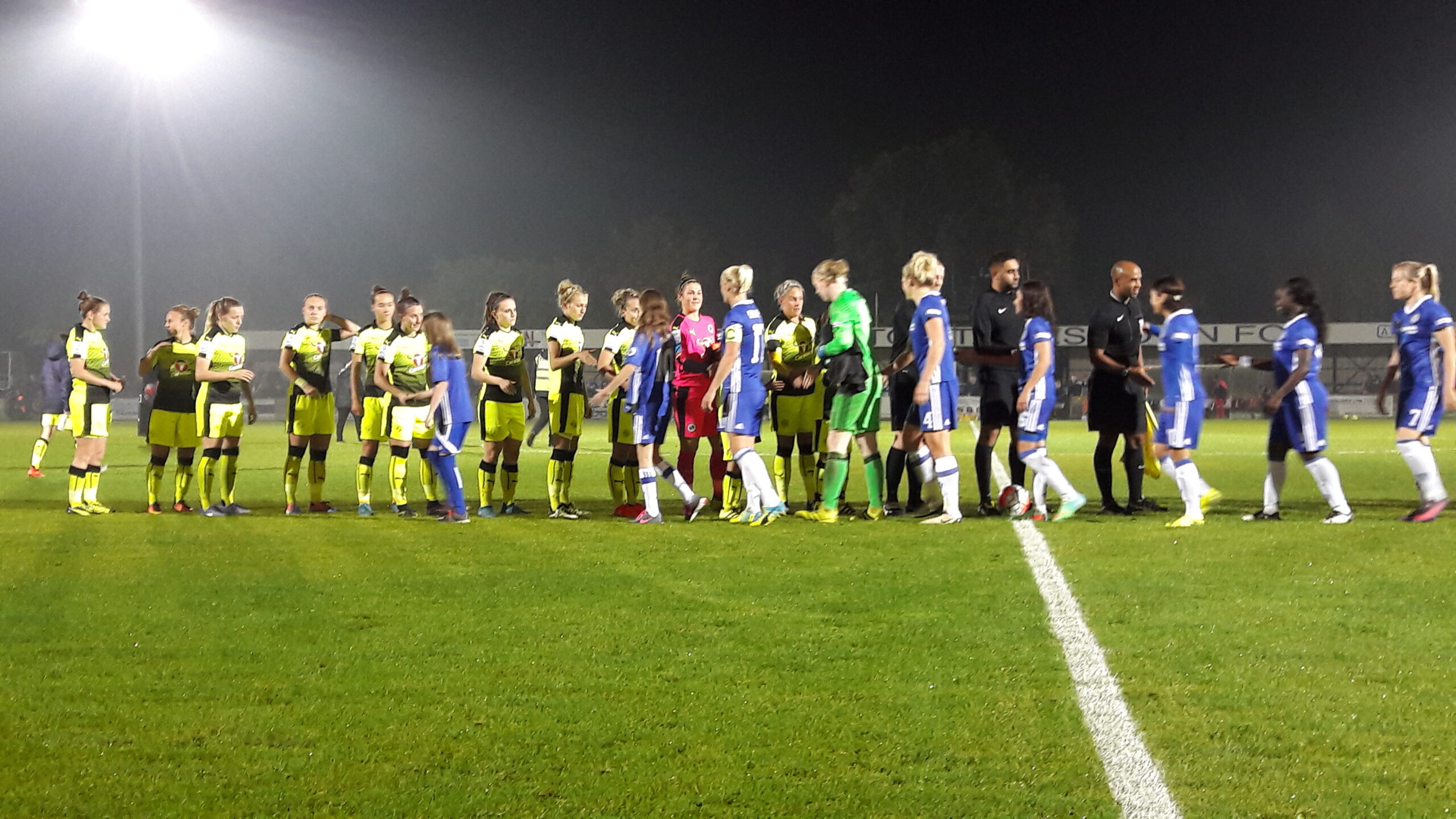It’s fair to say that I live in a football-mad household.
My husband and 14-year-old are both fans. He has been watching the beautiful game for more than 40 years and she is a cracking left back for a local team. While I wouldn’t describe myself as a devotee, I’m happy to watch a match or 2.
I can even explain the offside rule (it’s surprising what you pick up over the years).
The UEFA Women’s EURO 2022 tournament starts today. Over the next 3 weeks, there will be a lot of football matches on our TV. Each one will be accompanied by commentary.
Effective communication skills
The usual format is to have one professional commentator and one or two ex-footballers who can provide the player’s perspective. As you would expect, some of these prove more skilled and more entertaining than others. And, of course, some matches are better than others, with more goals, more action and more drama.
This has got me thinking. There are very specific communication skills required to be a successful sports commentator. Knowledge of the subject is not in itself enough.
So what are the lessons we can learn, which effective communication skills are on display?
1. Purpose
On the face of it, there is a very clear purpose to football commentary: to tell people what is happening in the match.
However, the aim goes beyond simply providing information, particularly for TV commentary where most of the audience can see what is happening on the screen. (Radio sports commentary – now that’s another kettle of fish altogether!) What does the commentator add?
Their purpose has to be to engage the viewer and take them beyond what’s happening on the screen. They must deliver a better understanding of why things are happening or provide extra information to add more colour.
Lesson – don’t simply go for the obvious purpose for your communication, think about what would really make a difference to your audience and their experience.
2. Expertise
Simply having done the job of footballer is not in itself enough to make someone a great commentator. But conveying insider insight in a way that gives context to what is unfolding can be really engaging. Particularly if it is relayed in the form of a story:
- “when I returned from 3-months’ injury, I was nervous about how the fans would greet me, so I’m not surprised that Smith is looking unsure as she looks up at the stands”
- “our gaffer used to insist that we all thanked the fans at the end of the game, so it’s great to see the team giving the fans the respect they deserve”
and so on.
Lesson – use your knowledge and expertise to show empathy and understanding. To make connections and provide context, not simply to show off.
3. Tone and language
Football matches are supposed to be exciting. The commentators’ tone can help to build that excitement for people who aren’t in the crowd to soak up the atmosphere in person.
Arguably the most famous piece of football commentary is Kenneth Wolstenholme’s exclamation at the end of the 1966 World Cup:
“Some people are on the pitch! They think it’s all over!… It is now!”
There are many reasons why this has become so widely known. Commentators are supposed to remain impartial – unlike the pundits in the studio at half-time whose job is to dissect the action with the benefit of hindsight – but the building excitement and enthusiasm in Wolstenholme’s coverage is very much part of its appeal.
Lesson – think about how to use tone in your communications to convey more emotion than the words alone do. People may not remember what you said, but they will remember what you made them feel.
If you apply these lessons to your own communications, you’ll be upping your game and delivering winning messages…. (Puns fully intended, sorry!)
If you’d like help with the way that communication works at your organisation, please get in touch.
Until next time
Sarah

